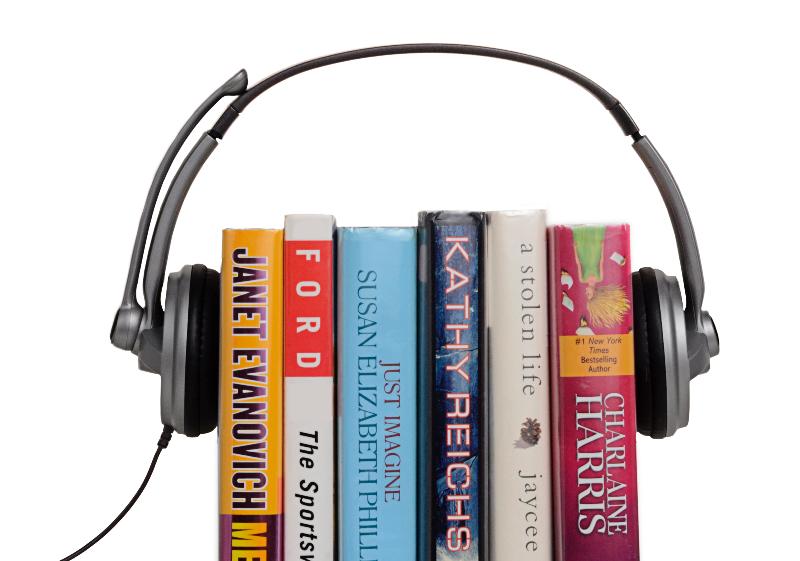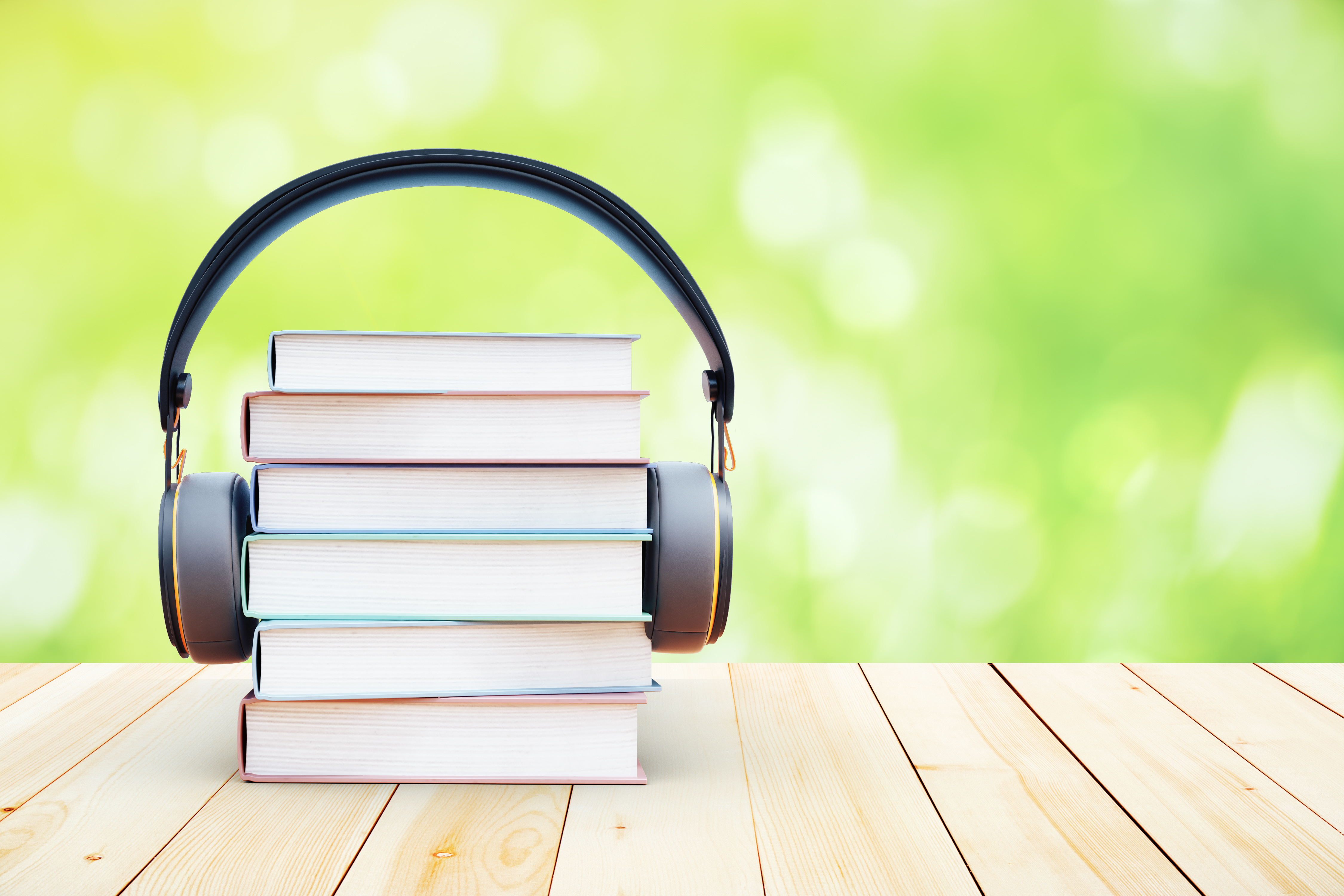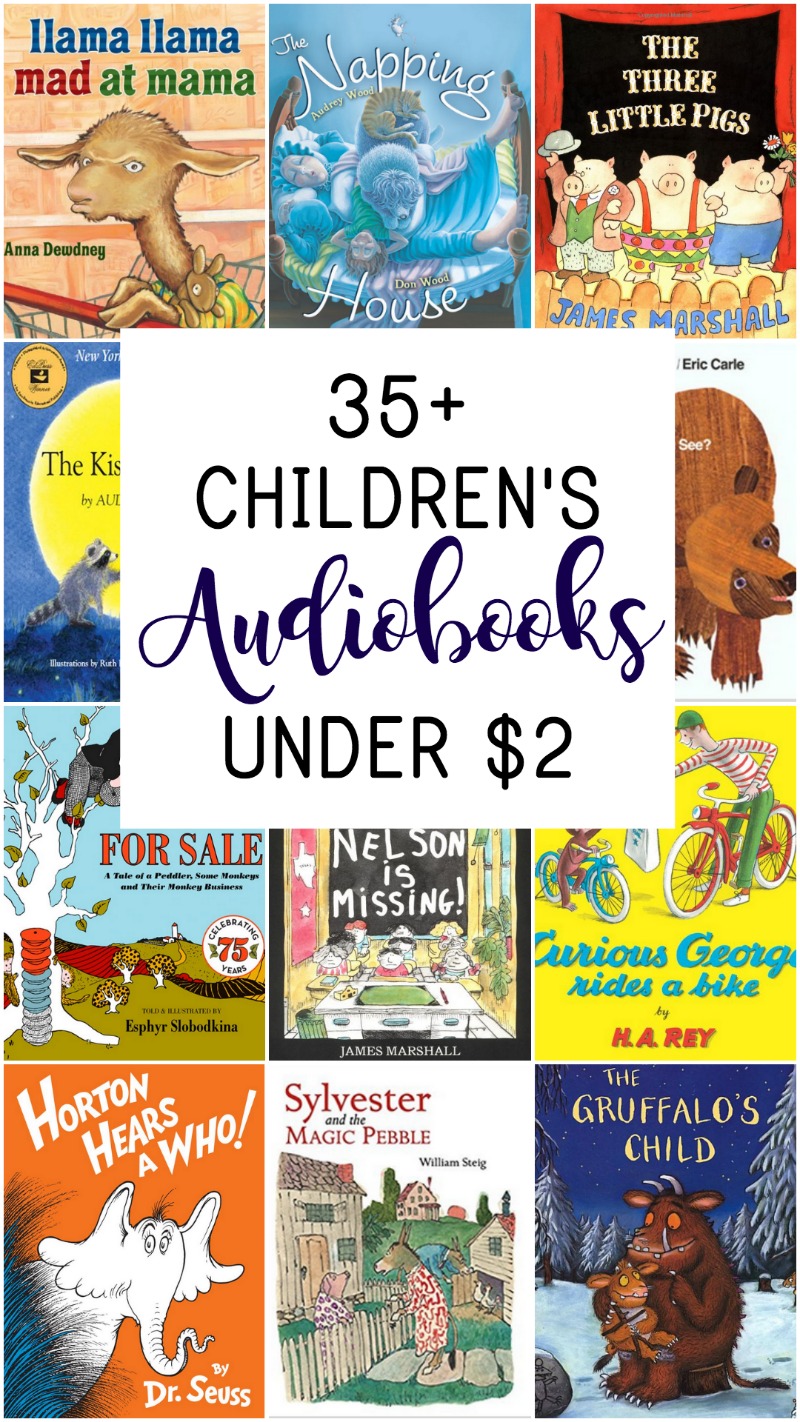



When a student did incorporate another way, there was little to no difference in test scores. What they also uncovered is the method a student used for learning is often not their preferred method. Husmann and her team developed a questionnaire designed to reveal a student’s preference for learning. Indiana University Professor Polly Husmann debunks the issue that students primarily learn by the time they enter college by only one method. An academic study published in 2018 states that students are capable of learning through both reading and listening. Recent studies show that while individuals may develop a preference for reading or hearing material, most can learn by either method. If so, does being exposed to another way impede their ability to learn? Scientists and educators have been grappling with whether individuals develop a learning preference at an early age. There are some differences in how our brain processes information gathered through visual or auditory methods. We retain more information for more complex subjects if we put more effort into the process, such as reading weighty topics. The results showed little difference in the test scores regardless of the method used.īoth experts agreed that either listening or reading is acceptable for lighter topics typically found in entertainment or news magazines and websites. A second group read the same material on an e-reader, while the third group simultaneously employed both methods. The first listened to excerpts of a story from World War II. However, University of California psychology professor Matthew Traxler found that the “mental machinery” required to understand and retain information remains the same, irrespective of whether we heard or read the material.Īnother study assigned adult volunteers to one of three groups. One distinction between listening to an audiobook and reading the same material is how our brains process the information.īoth activate different parts of the brain. That’s when using our earbuds to listen to audiobooks or podcasts is a better method.

Reading a book or magazine while walking in the park or on a treadmill is often challenging. Having access to one version gives us options when the other isn’t convenient or available. It looks like books are still with us and will be for the foreseeable future. Remember when audiobooks hit the market years ago? Futurist suggested listening would eclipse reading as our preferred learning method. Physical Booksĭo we comprehend more information if we physically read a book compared to listening to the same material? It’s also important to point out that there are differences between reading or listening for pleasure versus learning.
#ARE AUDIO BOOKS BETTER THAN READING HOW TO#
Learn how to prepare for a deposition here. Poor listening habits won’t help someone transcribe a significant legal deposition or law enforcement interview efficiently. They must develop excellent listening skills to transfer audio conversations into a text format. However, there are differences in comprehension, depending on how we consume information. Individual preferences and even learning disabilities can play a role. There are numerous studies and articles on the topic, most of which evaluate both methods’ effectiveness. The debate about the differences between reading and listening comprehension has taken center stage once again.īesides a preference for one over the other, the most crucial question is which of the two helps us retain vital information, improve our comprehension, and make us more efficient? Would you prefer to read a book or listen to the audio version? Your answer may depend on several variables, such as convenience or availability.


 0 kommentar(er)
0 kommentar(er)
